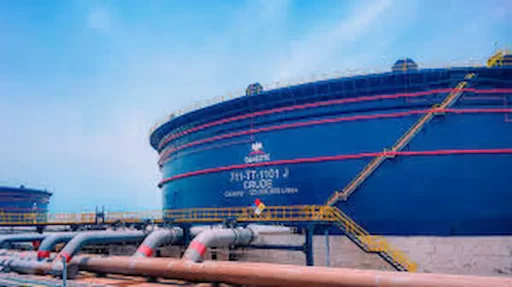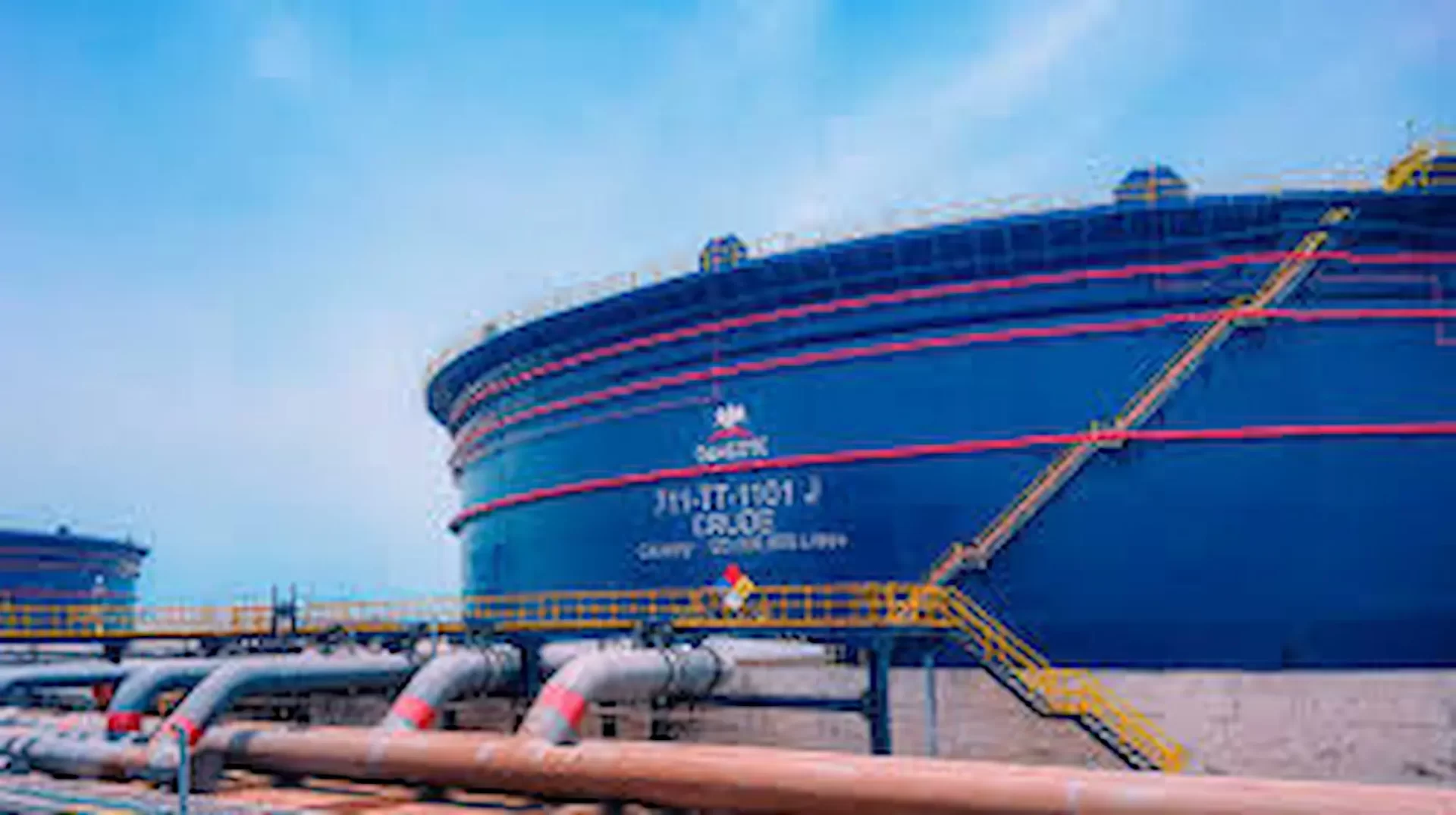Nigeria’s Oil Boom Meets Refining Woes as Dangote Plant Faces Strikes
By Naija Enquirer Staff
Upstream Gains
Minister of State for Petroleum, Heineken Lokpobiri, disclosed that daily output has climbed to between 1.7 and 1.83 million barrels, with active rigs jumping from 31 in January to 50 by mid-year. He credited the rebound to the Project One Million Barrels initiative and the Petroleum Industry Act, which created a predictable environment for investors.
Lokpobiri further revealed that over $5.5 billion in new investment decisions linked to IOC divestments are expected to add 200,000 barrels per day to production. “Nigeria is open for business,” he declared at Africa Energy Week.
Refinery Under Pressure
Downstream, the picture is less rosy. The Dangote Refinery, designed to process 650,000 barrels per day, is entangled in strikes, sabotage allegations, and economic headwinds.
Nigeria’s top oil union launched a nationwide strike this week after 800 refinery workers were dismissed over alleged acts of sabotage. While Dangote insists the move targeted saboteurs, unions accuse him of sacking labor organizers. The dispute has already disrupted offices at NNPC and regulatory agencies, raising fears of broader fallout.
Currency and Market Strains
The refinery is also struggling with financial pressures. Dangote has admitted to reselling crude cargoes and suspending local fuel sales as currency distortions squeezed margins. Buying crude in dollars while selling refined products in a weakening naira has triggered losses, with calls mounting for government-backed import bans.
A National Paradox
Despite oil reforms that have revived upstream drilling, Nigeria remains stuck in a paradox: a global crude powerhouse still battling to refine enough fuel for its domestic needs.






